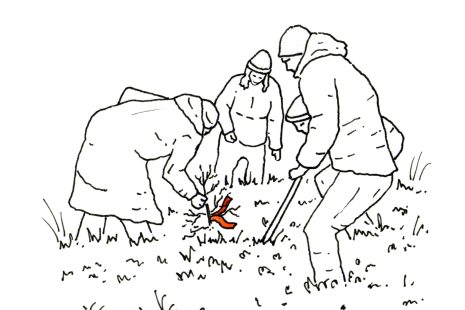Enabling on the Ground Transition Topic Advisory Group
We know from extensive research that social, economic, political and technical factors interact at different scales to create enabling conditions for (and barriers to) transition. At the macro scale these include governance, institutions, (dis)incentives, economic and market opportunities and knowledge and innovation support systems. At the micro scale these include individual capacities (extent of lock-in: knowledge, culture, economic, agency) and motivations (attitudes, values, habits) which determine behaviours.
Given the urgency of the situation we need to build on this knowledge and incorporate insights from contemporary practice, drawing from on the ground success stories to understand why and how net zero and similar initiatives and interventions have or have not been successful. With this we can identify effective principles that are transferable to other contexts.
We need to identify gaps in research and ask: Where do researchers need to focus attention? What evidence is needed? How do we capture on the ground experiences and scale up and scale out effective practice?
This TAG will focus on three main areas:
- Ensuring strong governance for net zero in land use requires all actors to contribute to the transition. Understanding how to build confidence and trust in public policy and private sector mechanisms through enhanced governance (underpinned by integrity and transparency) will be crucial, as will creating and sharing credible evidence to remove uncertainty.
- Providing the means to change will involve addressing lock-in (economic, cultural, knowledge) and asymmetric power relations that hold back opportunities for transition; and identifying how to create appealing and resilient business models for land managers.
- Strengthening capacity across the Agricultural Knowledge and Innovation Systems (AKIS) (farmers, land managers, advisers, institutes and communities) to access, understand, evaluate and utilise knowledge about net zero solutions is an important way of leveraging change and contributing to credible net zero transition pathways. This involves rethinking the organisation of knowledge across the AKIS and enhancing net zero literacies.
The overall aim of this TAG is to establish how the research community can support transitions to net zero in land use and to identify and understand the enablers of on the ground transition to net zero. Specifically it will:
- develop a framework for analysing and identifying effective enabling conditions and factors (scale, impact, indicators of success)
- identify what evidence (generated by academia, NGOs, industry bodies and farming sectors) exists and how this can be collated, interpreted, shared and used effectively
- harvest success stories and identify common and transferable factors and interventions
- identify gaps in the evidence and priorities for research
Activities will include:
- Working closely with the other WPs and TAGs, specifically on WP2 capacity building tasks and feeding into the viability index (WP1)
- Working with and consulting groups of supporting stakeholders and leading UK agricultural advice providers (e.g., ADAS, FarmingConnect, SAC Consulting), large landowners (e.g., The National Trust) to identify effective interventions
- Co-develop with stakeholders and roll out a set of interactive resources and activities, and events such as training days, workshop, net zero clinics, ‘train the trainer’ modules in aspects of Net Zero
- Initiating a ‘state of play’ paper on enabling transition to net zero, identifying activities, needs, opportunities, success stories and research gaps. This paper will be used to develop a Net Zero Literacy strategy which will underpin the work that follows.

Professor Julie Ingram
Enabling on the Ground Transition
Related events
View all eventsNavigating Farm-Level Greenhouse Gas Assessments: Different perspectives, numbers and needs
By University of Gloucestershire Countryside and Community Research Institute
Related resources
View all resources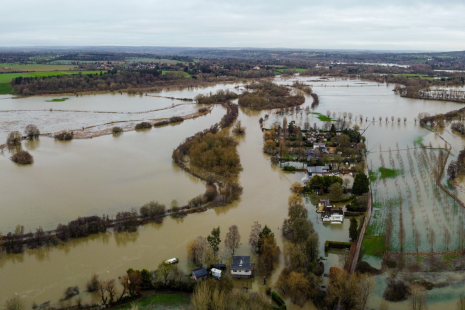
Soils and Flooding: Targeted Briefings for Policy and Practice
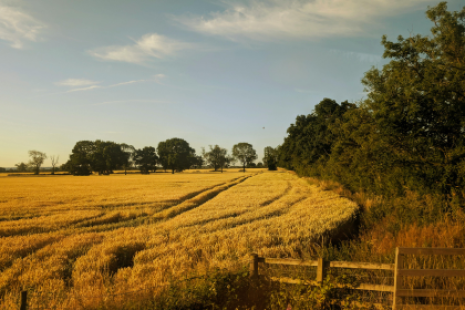
“I’ve seen his crops”: Making words work for good farmers
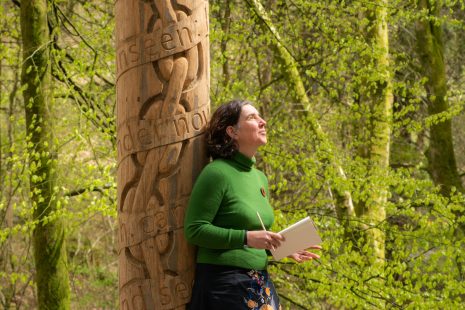
Bringing science, mathematical frameworks and policy to life through poetry

Soils and Flooding - expert panel explores the critical role of soil in mitigating flood risk
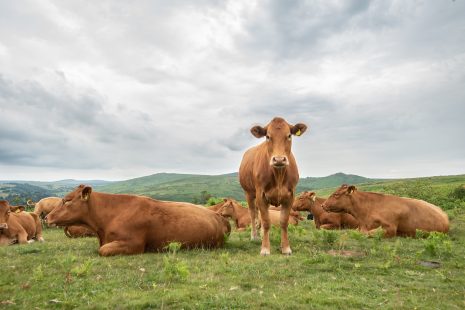
What do we mean by Net Zero literacy in the farming community?
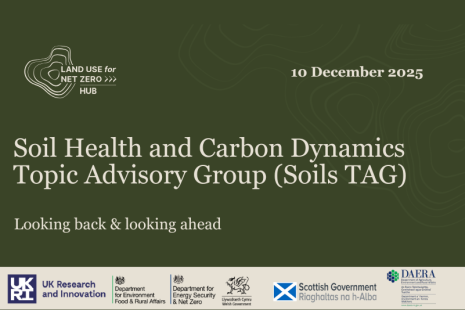
Community Update: In Conversation With the Soil TAG - December 2025

LUNZ Soft Skills Seminar: Artists in the Mix

COP30: A polarised summit that exposed the fault lines of global climate politics
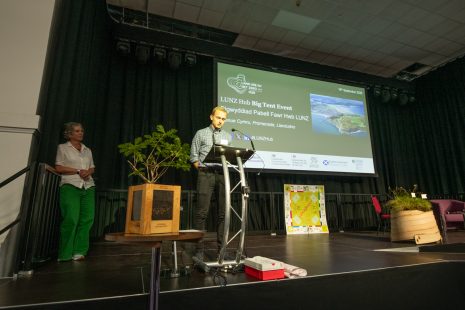
Llandudno closing poem - The Spaces in Between / Y gofodau rhwng

Enabling on the Ground Transition: Building Capacity for Net Zero Literacy in Farming and Rural Communities
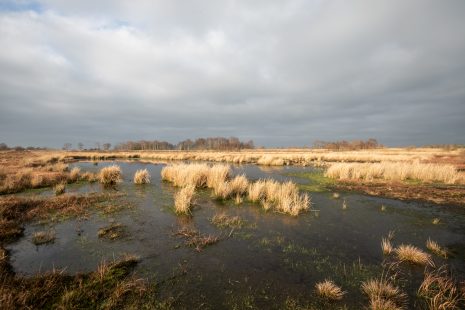
“Be with the bog” – peatlands, policy and poetry at the IUCN UK Peatland Programme Conference

Big Tent Event - 'Ask the Expert' breakout sessions
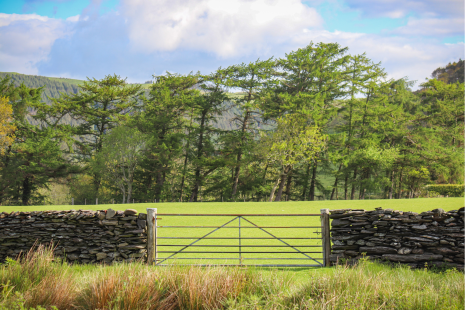
LUNZ Exploratory workshop: Enabling transitions to net zero in land use in Wales – what works?

Rural Communities, Land Use Change and Net Zero
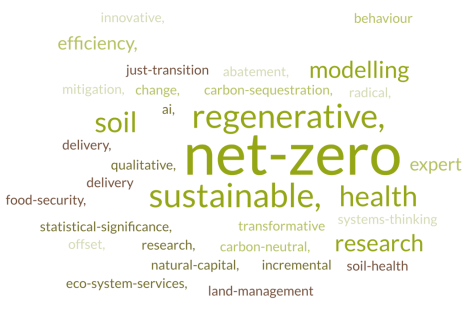
From Problems to Pathways… The Language of Land Use

14 Things We Learned About the Science of Soil Carbon Sequestration with Helaina Black and Pete Smith
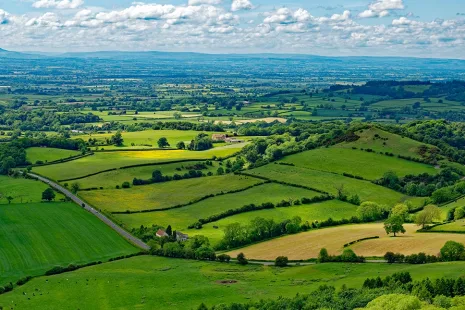
Regional variation in land use in England – implications for Land Use for Net Zero
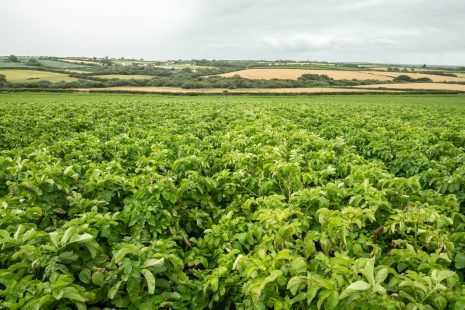
Land Use Decision Making in the UK & Ireland: What can countries learn from each other for a better future?
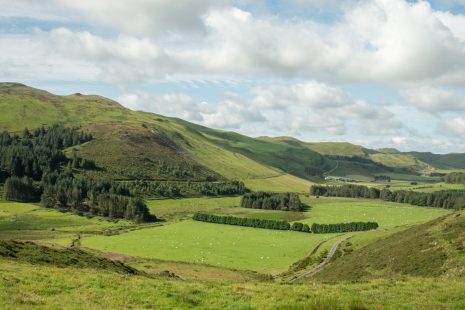
Midway Point Infographics
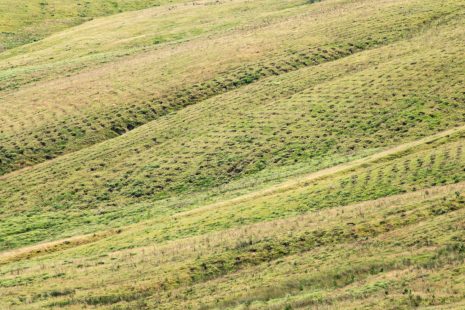
FFCC Land Use Workshops Report

Observations from Groundswell
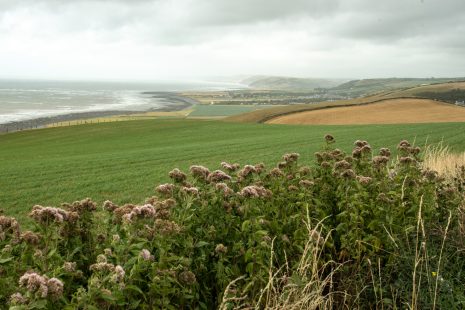
Nature Finance: Incentives and Barriers Workshop Report
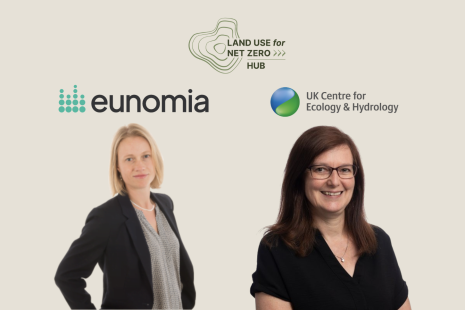
Talking Heads Series: Work Package 3 - Net Zero Futures Platform

Within Value Chain Mitigation: How organisations can reduce their Scope 3 GHG emissions via their agricultural supply chains
Related news
View all news
Creative Collaboration Placement Scheme: Daksha Patel at Rothamsted Research
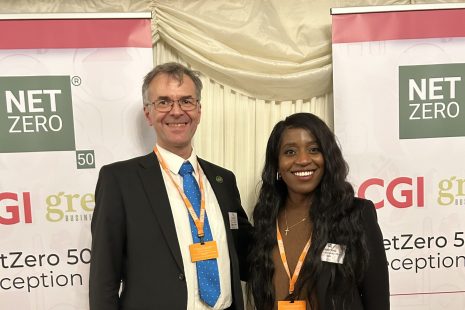
Professor Heiko Balzter named in Net Zero 50 UK 2025 List

Creative Collaborative Placements project - Research Institutes Chosen Subjects of Enquiry
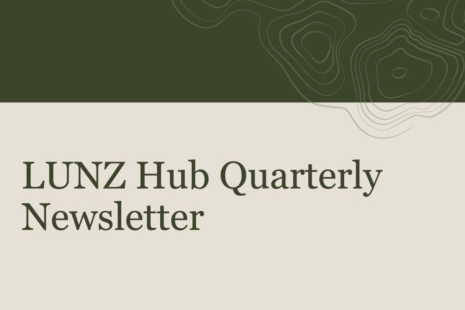
LUNZ Hub Newsletter 5: October 2025
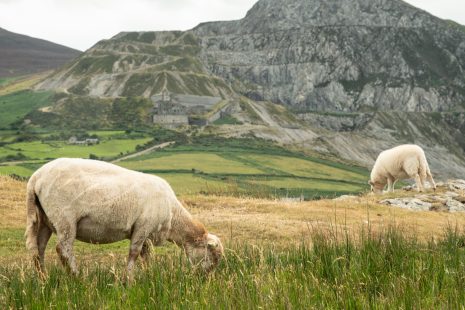
LUNZ Hub Big Tent Event Llandudno Agenda
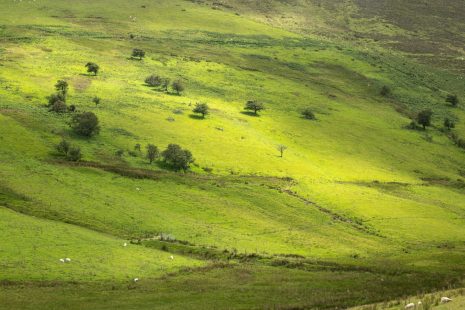
Opportunity: Creative Collaborative Placements

Heiko's CB7 Seminar Series Presentation: Landscape-scale management and decision making

Topic Advisor Professor Emily Shuckburgh CBE appointed to new Science and Technology Advisory Council
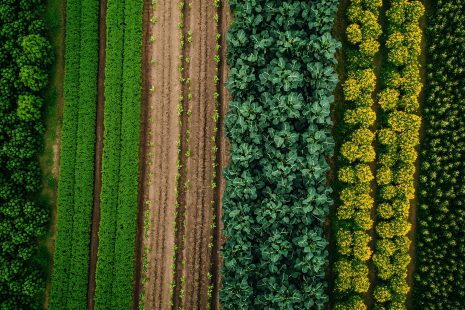
Save the Date: Within Value Chain Mitigation - how organisations can reduce their Scope 3 GHG emissions via their agricultural supply chains Workshop
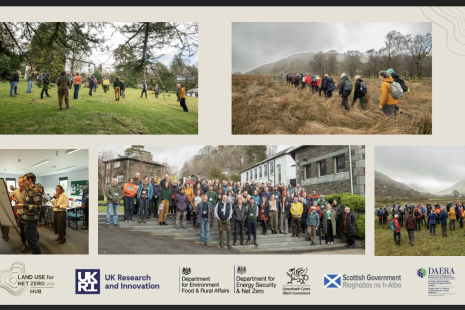
Save the Date: LUNZ Hub Big Tent Event - 18th September

LUNZ Hub Newsletter 4: June 2025
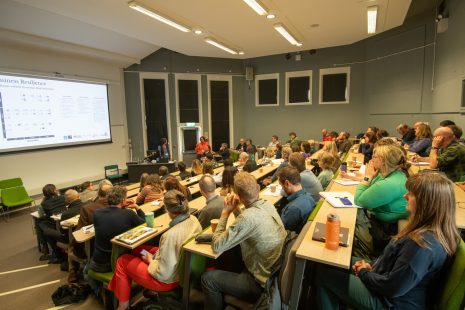
Save the Date: Nature Finance: Incentives and barriers workshop
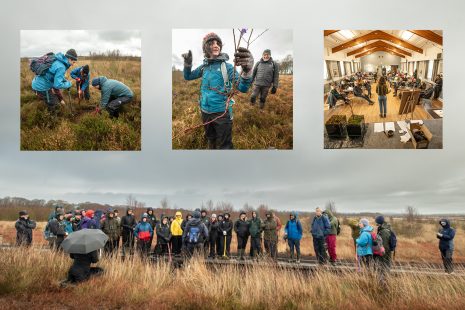
Big Dig Day Film
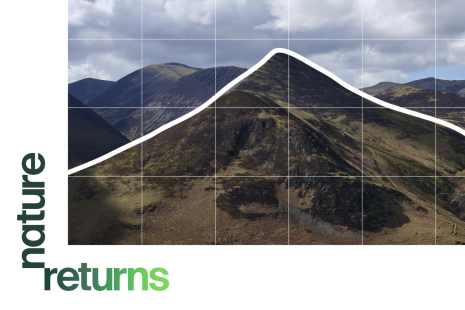
Save the Date: Nature Returns Webinar Series on Local Partnership Projects

A Landscape that Resonates: What Ullswater can teach – and learn - about land use in a protected landscape

Resonance: Uplands and Protected Landscapes Big Tent event programme announcement
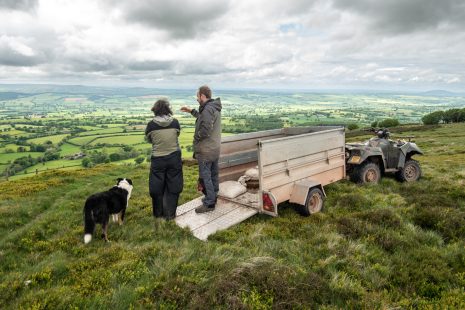
Save the Date: Scalable & auditable farm greenhouse gas accounting: an insight event
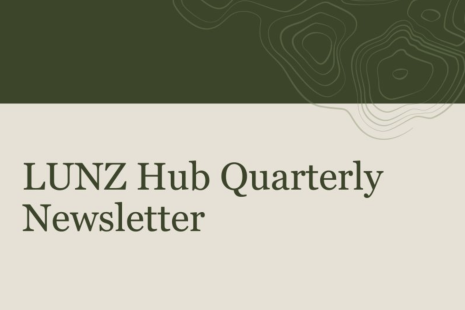
LUNZ Hub Newsletter 3: February 2025
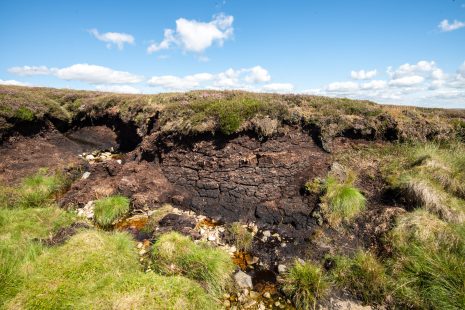
The LUNZ Hub's plans for the Land Use Framework for England Consultation

Save the date: RAU and LUNZ Hub Workshop Consultation Workshop - Where can innovation help improve the data used by land managers and policy makers?

Save the date: Resonance Tree circle plantings

Save the date: Webinar - Digital Technologies in Land-Use Net Zero

New Role: Research Associate Position in Green Finance & Land Use for Net Zero (University of Leicester)
